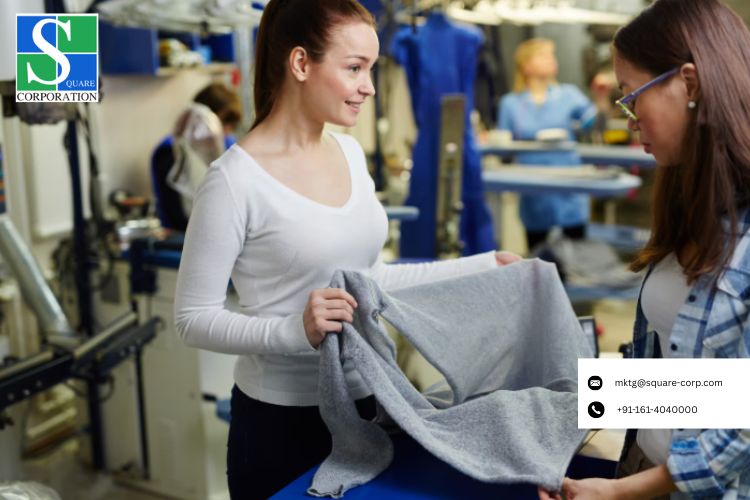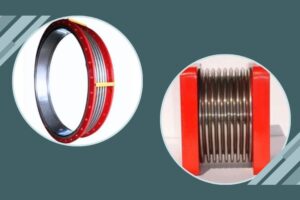Looking to source sustainable textiles without compromising quality? Many Recycled polyester fabric manufacturers are transforming plastic waste into premium fabrics that meet strict B2B demands. From apparel brands to industrial buyers, understanding this growing market is essential for long-term competitiveness and eco-credibility.
Why Recycled Polyester Matters for B2B Buyers
Global fashion and textile industries generate millions of tons of plastic waste annually. According to the U.S. Environmental Protection Agency, over 14 million tons of polyester textiles were produced worldwide in 2023 (EPA). Recycled polyester—often called rPET—offers a credible way to cut emissions by nearly 30% compared to virgin polyester, while reducing landfill load.
Key Advantages
- Lower Carbon Footprint: Converting PET bottles to fiber consumes less energy than producing virgin material.
- Consistent Quality: Modern recycling technologies deliver yarn strength and dye-absorption equal to conventional polyester.
- Regulatory Compliance: Meeting GRS or OEKO-TEX standards helps B2B buyers align with global sustainability goals.
Evaluating Top Manufacturers
Identifying the right supplier requires more than a simple online search. Businesses should look for:
- Traceable Supply Chains: Confirm certifications like Global Recycled Standard (GRS) to ensure authenticity.
- Scalable Capacity: Ask about monthly production volumes and lead times to avoid bottlenecks during peak demand.
- Innovation & R&D: Mills that invest in new blends, such as rPET-cotton mixes, often stay ahead of fabric trends.
Regional Insights: India’s Growing Presence
India’s textile sector continues to expand, and many Textile mills in Gujarat have adopted rPET production lines. Gujarat’s ports and logistics hubs provide a cost advantage for exporters seeking consistent international shipping routes.
Other Leading Regions
- China: Still the global leader in volume, but buyers should review supplier transparency carefully.
- Vietnam & Indonesia: Rapidly growing markets offering competitive pricing and flexible MOQ policies.
Practical Tips for B2B Procurement
Before signing contracts, seasoned sourcing managers recommend:
- Request third-party lab tests on colorfastness and tensile strength.
- Negotiate blended shipping to reduce freight costs when combining recycled and virgin fabrics.
- Explore partnerships with Organic Cotton Yarn Suppliers in India for hybrid fabric solutions like rPET-cotton blends.
FAQs on Recycled Polyester Fabric
1. How is recycled polyester made?
It’s primarily derived from used PET bottles and post-consumer plastic, which are cleaned, melted, and spun into new fibers.
2. Is the quality comparable to virgin polyester?
Yes. Modern processes ensure recycled fibers have similar durability, softness, and dye-uptake as virgin polyester.
3. What certifications should I check?
Look for GRS, OEKO-TEX Standard 100, and ISO 14001 to ensure environmental and social compliance.
4. Does recycled polyester cost more?
Prices are often slightly higher due to processing, but bulk contracts and reduced import duties in some regions can offset costs.
Also Read: How Luxury Fashion Brands are Embracing Recycled Fabrics
Conclusion
From reducing carbon footprints to meeting buyer expectations, recycled polyester is no longer a niche option—it’s a B2B necessity. By partnering with certified producers and keeping an eye on regional logistics, you can confidently integrate sustainable textiles into your product line.
Blog development Credits:
This article was developed by Soma Maiti, researched and drafted with advanced AI platforms such as ChatGPT, Google Gemini, and Copilot, and given final SEO refinement by Digital Piloto Private Limited.





